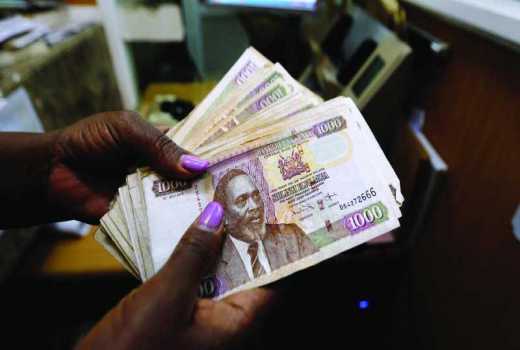×
The Standard e-Paper
Stay Informed, Even Offline

The direction which our politics has taken must be a concern to all of us and worrisome to investors, whether local or foreign.
This kind of politics if left unchecked will impact our exchange rates, our economy and our standards of living adversely.